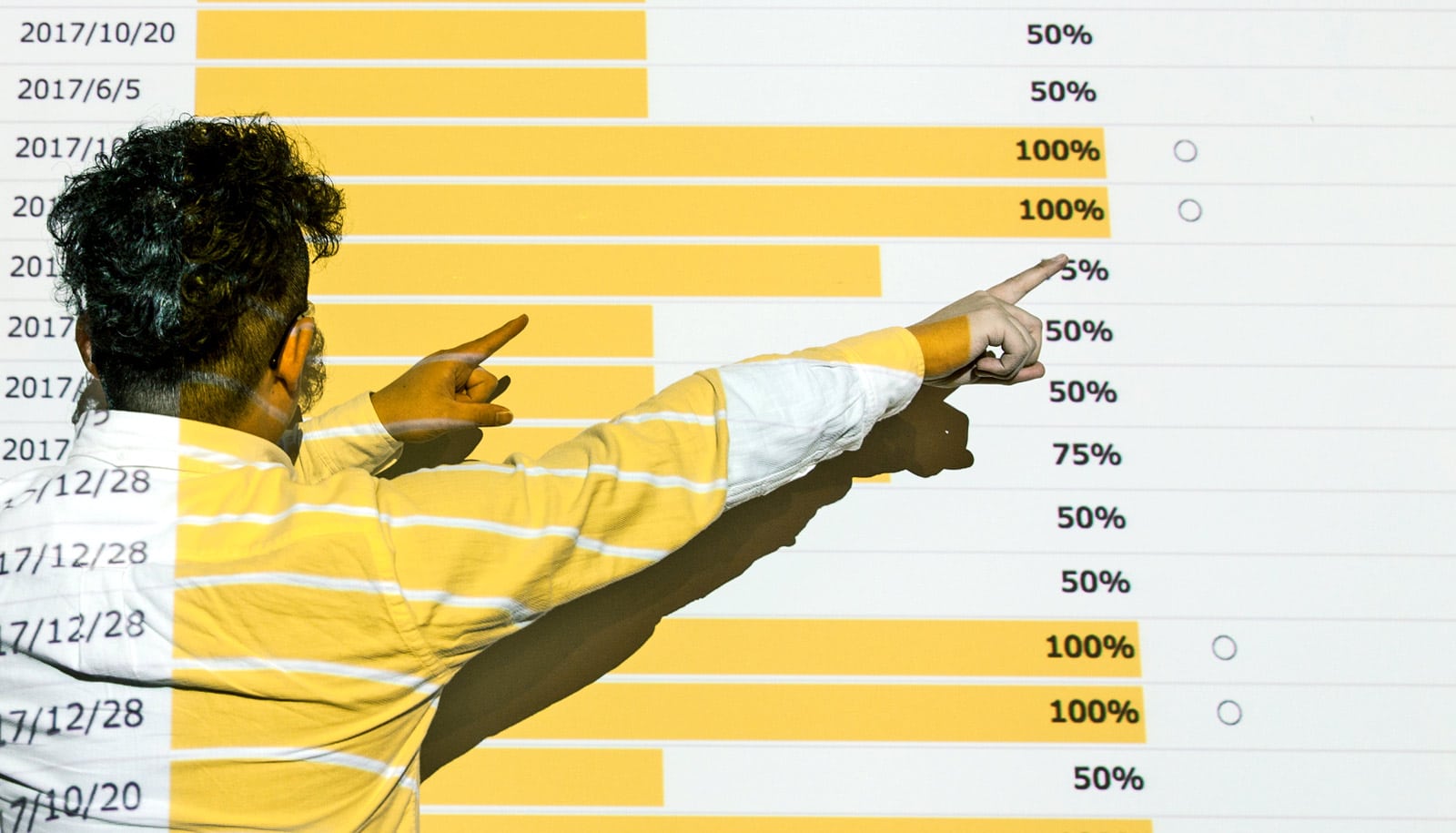Information about economic inequality that focuses on the disadvantages facing people from the lower-socioeconomic class leads Americans to engage more with the issue, research finds.
This strategy also leads Americans to express greater support for action to mitigate inequality.
Researchers find that information about economic inequality focusing on the disadvantages facing people from the lower-socioeconomic class, as opposed to messages highlighting advantages the upper-class receive, leads Americans to engage more with the issue and to express greater support for action to mitigate inequality.
The work, which appears in the journal Nature Human Behaviour, included five studies. They investigated whether the manner in which economic inequality and policy are communicated—either framed as upper-socioeconomic class advantages or lower-socioeconomic class disadvantages—influences Americans’ reactions to inequality.
Using multiple methodologies (social media engagement as well as in-person and online surveys) and national samples of both lower-class and upper-class Americans, the researchers found that participants were more receptive to messages that focused on reducing poverty (vs. reducing the gap between rich and poor) and on lower-class disadvantages (vs. upper-class advantages).
“These views, in part, are driven by people’s views that disadvantages faced by the lower-class are more unjust than upper-class advantages,” explains Maureen Craig, a professor in New York University’s psychology department and the paper’s senior author.
The findings may also offer guidance to policy makers in their pursuit of programmatic remedies to address economic inequality.
“This research suggests that simple changes in the framing of economic inequality—particularly, focusing on the disadvantages faced by lower-class Americans—can heighten perceptions of injustice and enhance support for action to reduce inequality,” observes Pia Dietze, a postdoctoral researcher at the University of California, Irvine and the paper’s lead author.
The National Science Foundation supported the work.
Source: New York University



